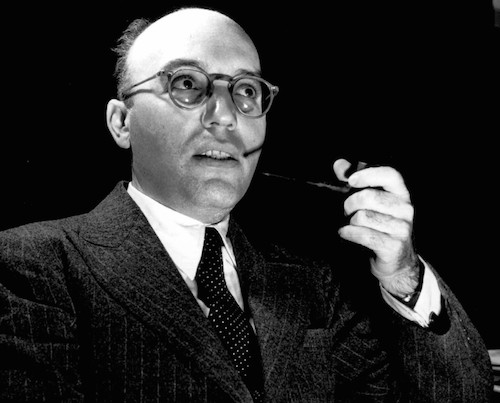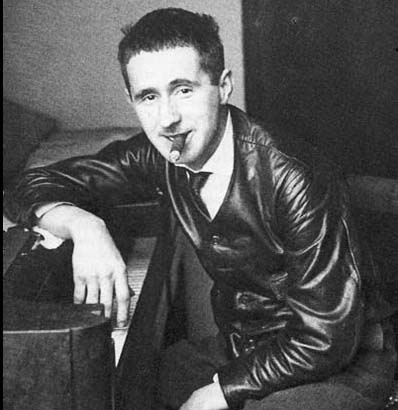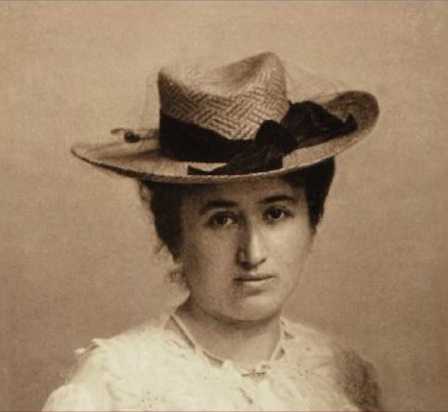


I have never acknowledged the difference between "serious" and "light" music. There is only good and bad music. ‐ Weill in 1940
 |
 |
 |
| Kurt Weill | Bertolt Brecht | Rosa Luxemburg |
In this assignment you will read of the remarkable life, and hear the remarkable work, of Kurt Weill, who bridged the gaps between Europe and America, between elite and popular music, and between high art and social activism.
READ the following:
A brief overview of politics in the Weimar Republic, by Stephen Tonge.
A brief biography of Weill provided by his publisher.
A discussion of Weill's work (the important part being the discussion of the Berliner Requiem on page 2).
Another discussion of the Berliner Requiem, by David Drew.
Then PRINT the questionnaire and fill it out as you LISTEN to Weill's cantata Berliner Requiem, with words by Bertolt Brecht.
FOLLOW along with Brecht's text and translation here.
Berliner Requiem
performed by the Flemish Radio Choir and I Solisti del
Vento conducted by Paul Hillier, with Ivan Goossens (tenor) and
Jacob Bloch Jespersen (bass)
I: Grosser Dankchoral ‐ Great Hymn of Thanksgiving (2'55)
II: Ballade vom ertrünkenen Mädchen ‐
Ballad of the drowned girl (2'25)
III: Epitaph ‐ Epitaph (1'40)
IV: Erster Bericht über den Unbekannten Soldaten unter
dem Triumphbogen ‐ First Report on the Unknown
Soldier under the Triumphal Arch (4'09)
V: Zweiter Bericht über den Unbekannten Soldaten unter
dem Triumphbogen ‐ Second Report on the Unknown
Soldier under the Triumphal Arch (5'24)
VI: Grosser Dankchoral ‐ Great Hymn of Thanksgiving (2'55)